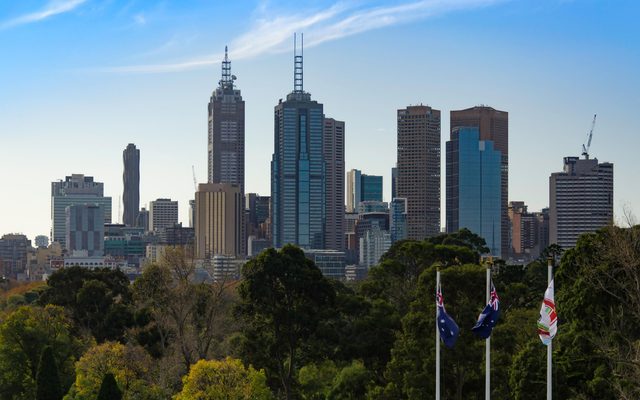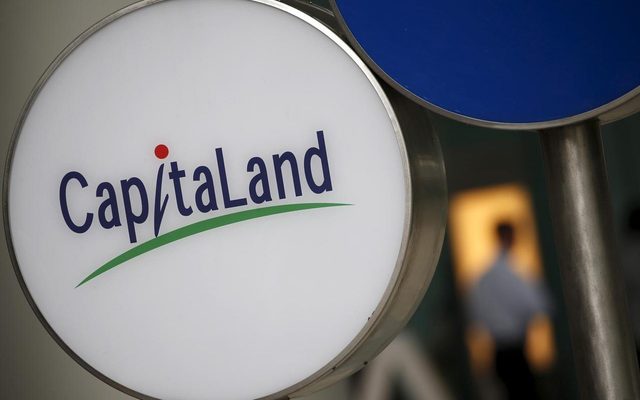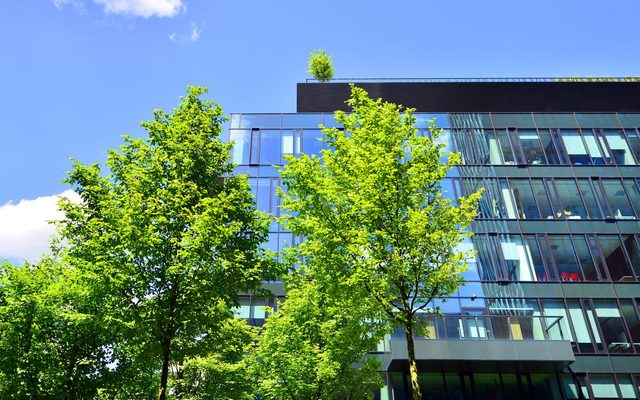This article is from the Australian Property Journal archive
DIVERSIFIED property group GPT (ASX: GPT) has posted a solid interim result despite the ongoing impacts of COVID-19 but it warned that higher interest rates will increase the cost of debt for the group whilst rising bond yields may lead to a softening of valuation metrics for real estate assets.
GPT reported funds from operations (FFO) of $326.5 million for the six months to June 30 2022, an increase from $302.3 million in the previous corresponding period, and FFO per security of 17.04 cents, up from 15.64 cps in the pcp.
The group declared an interim distribution of 12.7 cps, lower than the 13.3 cps in the pcp.
The net profit after tax (NPAT) was $529.7 million compared to the pcp’s $760.5 million, due to lower property valuation increases of $219.5 million versus $471.7 million in the pcp.
CEO Bob Johnston said it was a solid result despite the ongoing impacts of the global COVID-19 pandemic and the uncertain economic environment driven by high inflation and rising interest rates.
All three business segments reported increased FFO.
“Notwithstanding the effects of COVID-19, our retail portfolio continued to perform well with retail sales recovering to levels above 2019 pre-pandemic levels across most of our assets.
“Leasing activity across the office portfolio improved in the June quarter, with 51,900sqm of space being leased or under heads of agreement during the first half. The sub-1,000sqm tenant market remains most active although more recently there has been increased levels of enquiry from mid-size and larger tenants,” he added.
Retail portfolio occupancy was 99.3% at 30 June 2022, with strong leasing activity resulting in 405 lease deals, at an average annual rental increase of 4.4% and an average lease term of 4.6 years. The leasing spread on expiry averaged -4.9% on these completed deals.
Johnston said Melbourne Central is benefiting from a return of students and tourists and there is a gradual return of CBD workers resulting in sales across most categories being close to pre-pandemic levels in the month of June.
Total centre sales were up 11.5% and total specialty sales were up 11.6%. Specialty sales productivity for the portfolio was $9,593 per sqm at 30 June 2022 (31 December 2021: $9,313 per sqm).
The office portfolio occupancy was 92.0% at 30 June 2022, with a weighted average lease expiry of 4.7 years. During the half, 28,300sqm of signed leases were achieved, with an additional 23,600sqm of terms agreed.
The logistics portfolio recorded significant leasing activity, with 149,700sqm of signed leases and 78,200sqm of heads of agreement in place. Occupancy was 98.7% at 30 June 2022 and the portfolio has a WALE of 6.2 years.
Johnston said logistics occupiers are investing in their supply chains, with take-up driving vacancy rates down to 0.3% in Sydney and 1.1% in Melbourne. Limited availability and continued demand for space have resulted in market rents rising significantly.
GPT has also maintained its sustainability and ESG lead with more carbon neutral certified floorspace than any other Australian property owner. In a new initiative, GPT is supporting the restoration of 1,100 hectares of Australian biodiverse native koala habitat in partnership with Greenfleet and the Traditional Owners for permanent removal of its development pipeline residual carbon emissions.
Meanwhile the group had $1,124.0 million of available liquidity held in cash and undrawn bank facilities at 30 June 2022, a weighted average debt term of 6.3 years and a weighted average cost of debt of 2.5% in the period. Gearing was 27.3%, within its preferred range of 25% to 35%.
In late July, interest rate hedging levels were increased resulting in the group being 71% hedged on drawn debt as at 30 June 2022 for the next two and a half years at an average rate of 2.8%.
Johnston said rising interest rates will see GPT’s cost of debt will increase in the second half of 2022 and further in 2023, furthermore the effect of rising bond yields may also lead to a softening of valuation metrics for real estate assets.
UBS analyst Grant McCasker said the result was ahead of UBS’ expectations along with guidance for FY22.
UBS has maintained its Buy rating for GPT with a valuation and price target of $4.58.
McCasker said the key focus areas are on office leasing risk and impact of rising debt costs.
“On debt costs for FY23, GPT have de-risked a large portion (details to be scrutinized). In regards to office leasing, GPT expect volume to pick up (investors likely to be a little more sceptical),” he added.
Moody’s Investors Service vice president Saranga Ranasinghe said the result was in line with its rating expectations.
“GPT continues to benefit from the diversification and quality of its asset portfolio. The REIT has maintained strong office occupancy levels at around 92%, despite the Sydney and Melbourne office markets facing vacancy levels that are well above the historical average. We expect the leasing momentum to continue in 2022. But strong occupancy levels will come at the expense of effective rents due to high lease incentives offered to new tenants.
“We expect GPT’s overall interest cost to increase and interest coverage ratio to weaken given the rising interest rates. However, GPT maintains strong interest coverage and a well spread out debt maturity profile, and has hedged about 71% of its debt, providing headroom against our rating tolerance levels.” Ranasinghe said.
Looking ahead GPT has forecast a 2022 FFO of approximately 32.4 cents per security and a distribution of 25.0 cents per security for the full year.
“There has been a strong recovery in sales performance across GPT’s retail portfolio, buoyed by low unemployment and elevated levels of household savings. However, given rising interest rates, it is expected that retail sales growth will moderate.
“The logistics sector is benefiting from ongoing structural tailwinds. Vacancy rates remain very low in the core markets nationwide, resulting in an expectation for further increases in market rents. With approximately half of the leases in GPT’s logistics portfolio to expire over the next five years, the portfolio is well positioned to capitalise on the strong market conditions in the sector.” Johnston concluded.




